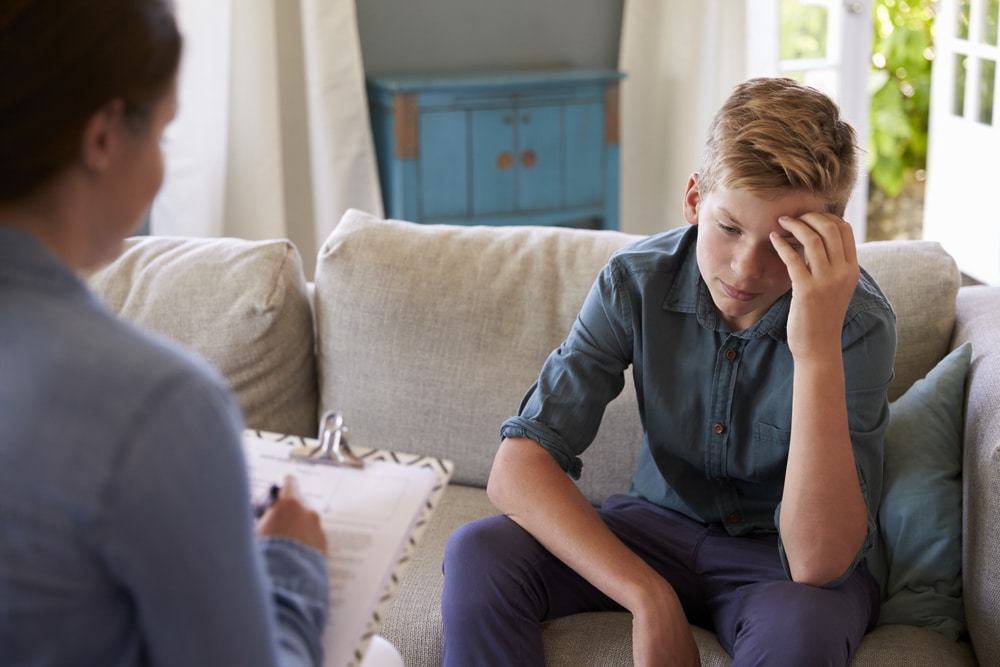Youth Counselling

Throughout our lives, everyone faces difficult issues. Most people find it helps to talk about what they are facing. Sometime it’s with friends and family, sometimes it’s with a professional who listens and helps them through the problem.
When it’s something such as parents separating, it can lead to a whole range of emotions – rejection, loss, guilt, anger, anxiety and more.
Sometimes these emotions can escalate from a feeling of distress to something more serious. Talking this through in a safe, confidential and impartial way as part of youth counselling is the first step to feeling better.
What is youth counselling?
Youth counselling is structured support from a trained volunteer or professional. They will help you understand and deal with issues you that are facing. Many schools and local charities provide youth counselling, to help improve young people’s mental health and emotional wellbeing.
There are different types of counselling and support available, including cognitive behavioural therapy (CBT), play therapies, art and music therapy, as well as youth mentoring.
How does CBT work?
CBT is a talking therapy that can help you manage your problems, by helping you change the way you think and behave.
It is used to treat a wide variety of issues, including anxiety and depression.
CBT is based on the concept that your thoughts, feelings, physical sensations and actions are interconnected – and that negative thoughts and feelings can trap you in a vicious cycle.
CBT aims to help you deal with overwhelming problems by breaking them down into smaller parts. You’re shown how to change these negative patterns, break the cycle and improve the way you feel.
Unlike some other talking treatments, CBT deals with your current problems, rather than focusing on issues from your past. It looks for practical ways to improve your state of mind on a daily basis.
What happens during CBT sessions?
CBT sessions usually last between 30 and 60 minutes. They take place in a safe space where you can talk through issues and find strategies of how to cope with them.
You and your CBT counsellor will analyse which areas to work on and determine the effect they have on each other and on you.
Your counsellor will help you work out how to change unhelpful thoughts and behaviours. You will be asked to practise these new changes in your daily life and, in the next session, you’ll discuss how you got on.
The eventual aim is to teach you to apply the skills you’ve learnt during treatment to your daily life.
This should help you manage your problems and stop them having a negative impact on your life – even after your course of treatment finishes.
Typically, CBT programmes provided by schools and local charities are between four and six weeks long. More complex situations may require longer programmes or referral to other professional teams or specialists.
Specialist help may also be required from CAMHS, through the local health trust.
What are group counselling sessions?
Many schools and youth organisations offer group counselling sessions. This is where young people receive structured talking sessions, led by an adult, and they explore relevant issues. Often group sessions are organised around common topics such as loss, dealing with emotions and family separation.
Many young people find it can be helpful to discuss their feelings, events and coping strategies with others who are in similar circumstances.
Where Can I Find Help?
If you need someone to talk with and would like support from our partners, The Mix, use our interactive tool to find more content, a freephone helpline, online forums, apps and more:
